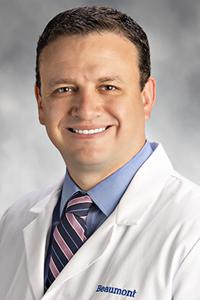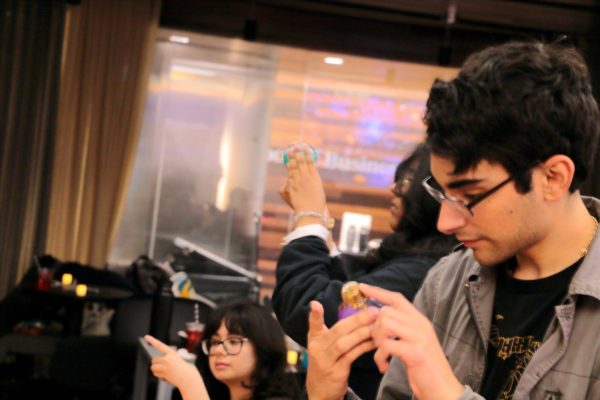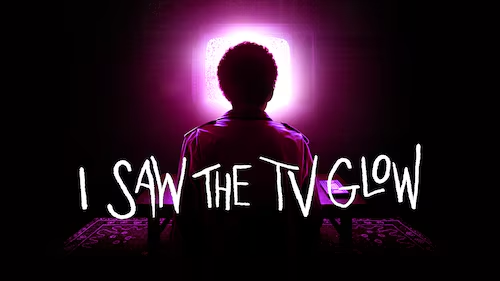Ophthalmologist Dr. Vrabec shares eye health tips for college students

Dr. Joshua Vrabec talks ophthalmology and eye health.
A college schedule is a busy schedule. With all of the time spent interacting with a digital screen, whether for education, communication, or entertainment purposes or through utilizing books and other study aids, our eye health can be overlooked. I spoke to Dr. Joshua Vrabec, a Board-Certified Ophthalmologist at Michigan ophthalmology, about what college students can do to protect their short and long-term eye health.
Q: What are some of the factors that can contribute to poor eye health in college students? How can students protect their eyes?
A: The most common reason for permanent vision impairment in college-aged adults are injuries. Over 1 million eye injuries occur each year, and 90% of these are preventable. The most important way to protect your eyes is to wear safety glasses while working with machinery, power tools, or even hand tools. Another common cause of problems is wearing contact lenses too long, or worse, sleeping in your contacts. This can lead to cornea infections (ulcers) which can permanently impair vision for life. Young adults who have trouble maintaining good contact lens habits may want to consider laser vision correction such as LASIK.
Q: How often should one get their eyes checked?
A: It depends. If you have a medical problem like diabetes or autoimmune disease, you should have your eyes examined once per year. Similarly, if you wear contacts, you should have your eyes checked annually to make sure the lenses are still fitting well to minimize complications. If you have none of the above, you should consider an eye exam once every five years.
Q: Why shouldn’t one sleep in their contact lenses?
A: Sleeping in contact lenses greatly reduces the oxygen absorption into the corneal epithelial cells, which causes them to more easily break down and become infected by bacteria. This leads to corneal inflammation (keratitis) or infection (ulcer). Treatment for ulcers can be very difficult, and may lead to permanent vision issues and may prevent you from having a vision correction procedure in the future.
Q: Does taking measures to ensure good eye health now have an impact on your future health? Is there anything else you think college students should know about their eye health?
A: Taking great care of your eyes now is an investment in your future. Sadly I have witnessed many examples of students whom have had tragic accidents that permanently impacted their vision. This can result in excluding you from certain careers in the military, aviation, and some medical fields. The vast majority of these tragic injuries could have been prevented simply by wearing eye protection, or being more careful with contact lens wear. I also get asked frequently about the dangers of computer and phone screens, and so far the jury is still out. Generally, it’s a good idea to give your near focus mechanism (accommodation) frequent breaks to avoid eyestrain, but there has not been definitive benefit seen from computer or blue-light blocking glasses to date.
I also frequently get asked by college students about LASIK, and specifically whether it is safe. The answer is that yes, in the proper candidate, laser vision correction (particularly the most modern versions of the procedure) is incredibly precise and safe. It has been FDA-approved for over 20 years, and with can be a great way to free yourself from the inconveniences and costs of glasses and contacts. Anyone who has additional questions about laser vision correction or LASIK, including whether they might be a candidate, is welcome to contact our office at 248-710-2323 or contact us via our website: http://mieyedoc.com





